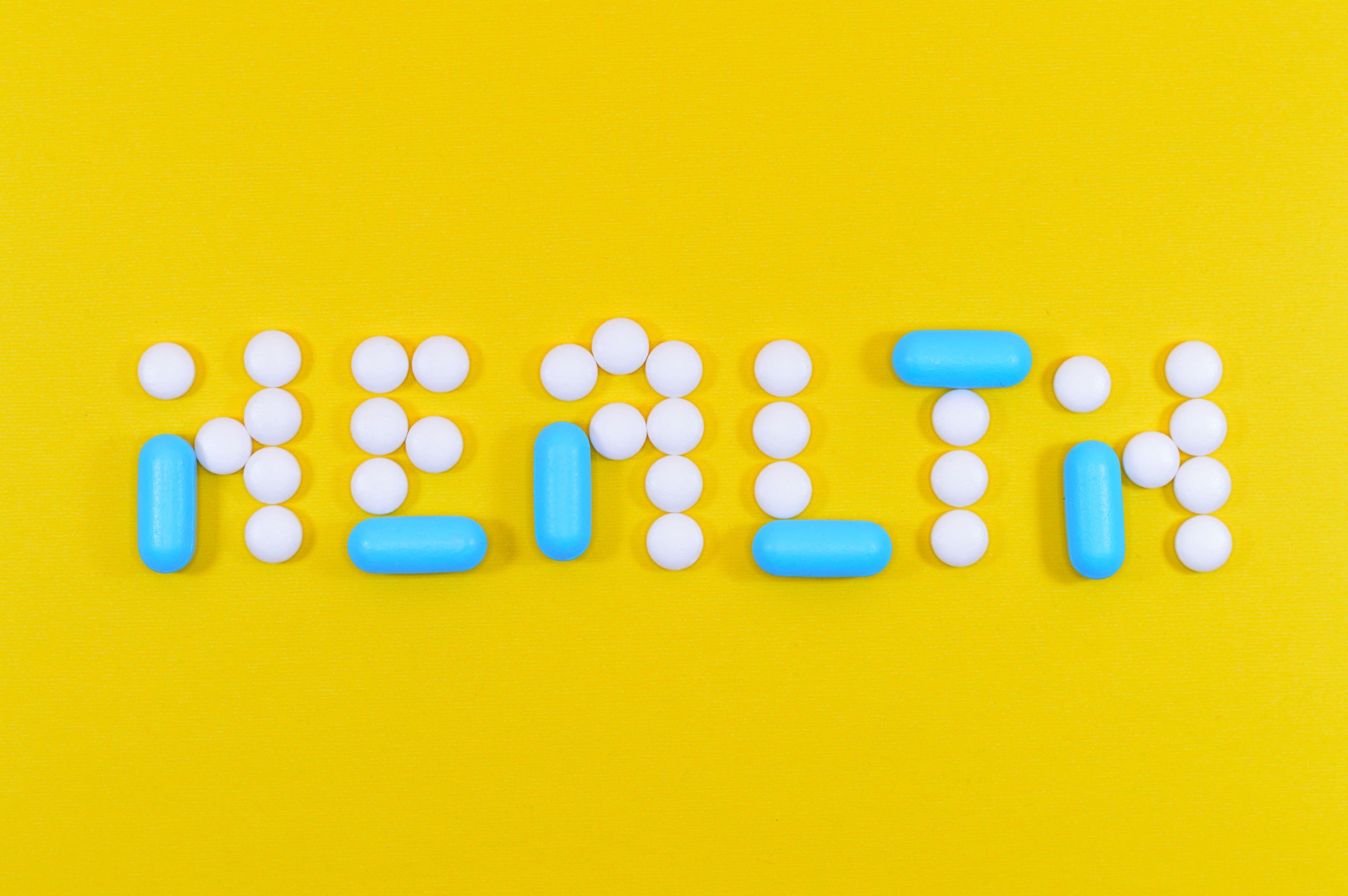Reasons For Kidney Failure, also known as renal failure, is a medical condition in which the kidneys are unable to function properly. The kidneys are responsible for filtering waste products from the blood and excreting them as urine, as well as regulating the balance of fluids, electrolytes, and other substances in the body.
There are two types of kidney failure: acute and chronic.
Acute kidney failure occurs suddenly and is usually the result of an injury, such as a kidney infection or a blockage in the urinary tract. Chronic kidney failure is a gradual decline in kidney function over time, often as a result of a long-term illness such as diabetes or high blood pressure. Chronic kidney failure begins when the kidneys gradually lose their ability to filter waste and excess fluids from the bloodstream. Over time, the buildup of waste and fluid in the body can lead to a number of health problems, including anemia, high blood pressure, weak bones, nerve damage, and poor nutrition.
Risk factors for chronic kidney failure include having a family history of kidney disease, being over 60 years of age, having high blood pressure or diabetes, and having a history of kidney damage from injury or disease. Early detection and treatment of kidney disease can slow or prevent progression to kidney failure.
What Are The Symptoms Of Kidney Failure?
Here are some common symptoms that may occur before kidney failure:
What Can You Do To Improve Kidney Function If You Have Kidney Disease?
Here are some steps you can take to improve kidney function if you have kidney disease:
Acute kidney failure occurs suddenly and is usually the result of an injury, such as a kidney infection or a blockage in the urinary tract. Chronic kidney failure is a gradual decline in kidney function over time, often as a result of a long-term illness such as diabetes or high blood pressure. Chronic kidney failure begins when the kidneys gradually lose their ability to filter waste and excess fluids from the bloodstream. Over time, the buildup of waste and fluid in the body can lead to a number of health problems, including anemia, high blood pressure, weak bones, nerve damage, and poor nutrition.
Risk factors for chronic kidney failure include having a family history of kidney disease, being over 60 years of age, having high blood pressure or diabetes, and having a history of kidney damage from injury or disease. Early detection and treatment of kidney disease can slow or prevent progression to kidney failure.
What Are The Symptoms Of Kidney Failure?
Here are some common symptoms that may occur before kidney failure:
- Swelling: Kidney failure can cause fluid buildup in the body, leading to swelling in the ankles, feet, legs, face, or hands.
- Fatigue: Kidneys are responsible for producing a hormone called erythropoietin, which helps regulate red blood cell production. When the kidneys are failing, the body may not produce enough red blood cells, leading to fatigue and weakness.
- Nausea and vomiting: Uremia, a buildup of waste products in the blood due to kidney failure, can cause nausea and vomiting.
- Skin itching: Waste buildup in the blood can also cause skin itching.
- Changes in urination: As the kidneys fail, they may produce less urine or change the appearance of the urine, becoming foamy or dark in color.
- Muscle cramps: Muscle cramps, especially at night, can occur due to imbalances in electrolyte levels caused by kidney failure.
- Shortness of breath: Anemia, a low red blood cell count, can cause shortness of breath and difficulty breathing, especially during physical activity.
- Metallic taste in mouth: Kidney failure can cause a metallic taste in the mouth due to a buildup of waste products in the blood.
What Can You Do To Improve Kidney Function If You Have Kidney Disease?
Here are some steps you can take to improve kidney function if you have kidney disease:
- Manage your blood pressure: High blood pressure is a major cause of kidney disease and can further damage the kidneys. It's important to keep your blood pressure under control by taking medication as prescribed, following a healthy diet, and exercising regularly.
- Control your blood sugar: People with diabetes are at a higher risk for kidney disease. Keeping your blood sugar levels under control through diet, exercise, and medication can help slow down the progression of kidney disease.
- Eat a healthy diet: A healthy diet low in salt, fat, and protein can help protect your kidneys and control your blood pressure. Your doctor may also recommend a specific diet based on your individual needs.
- Stay hydrated: Staying hydrated by drinking plenty of water and other fluids can help flush waste and toxins from your kidneys.
- Quit smoking: Smoking is a major risk factor for kidney disease and can accelerate its progression. Quitting smoking can greatly improve your overall health and kidney function.
- Limit alcohol intake: Excessive alcohol consumption can damage the kidneys and contribute to dehydration. Limiting alcohol intake can help protect your kidneys.
- Exercise regularly: Regular physical activity can help lower blood pressure, control blood sugar levels, and improve overall health.
- Take your medications as prescribed: Taking your medications as prescribed, especially if you have high blood pressure or diabetes, is important for managing your kidney disease.

